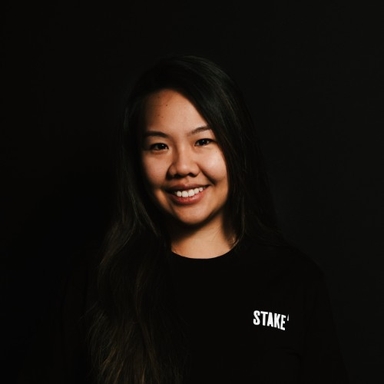
Renew
More than 190 countries have pledged to reduce carbon emissions to net zero by 2050. Here’s how lives need to change for it to happen.
Carbon dioxide emissions increased 19-fold over the last century, resulting in a 1°C rise in the average global surface temperature. Without actions to back commitments to net zero, which is when greenhouse gas (GHG) emissions produced are completely offset by emissions removed from the atmosphere, those temperatures may go up by as much as 4.8°C by 2100. This would have major consequences.
So what needs to happen? The experts are pointing to a complete lifestyle transformation.
Petrol and diesel vehicles must be fully replaced by electric and hydrogen counterparts by 2035. Several car manufacturers have pledged to stop the production of petrol vehicles in the near future. Roads will also need to adapt; see $SIEGY’s eHighway that allows for electrified freight transport. Aviation will have to rely more on renewables as well, using innovations like the hydrogen fuel cells that $BA and $EADSY are currently developing.
Likewise, at least 95% of all homes will have to be powered by renewables, with your fridges and dryers adopting heat-pump technology. Houses built after 2025 should no longer be connected to a gas grid, with older dwellings needing to replace gas boilers. And speaking of construction, steel and cement manufacturers – responsible for 7% of global GHG emissions – will either have to stop using coal for energy, or risk losing market share to the more sustainable cross-laminated timber that aims to replace concrete.
Even our diets need to change. Beef, lamb and dairy consumption must be cut by 20%, since meat and livestock contribute 60% of the food industry’s emissions.
With a tight deadline of 27 years, governments are expected to double down on both implementing policies and granting subsidies. In fact, the World Bank estimates global investments of US$90t are required for net zero to happen.
No wonder environmental, social and governance factors are more important than ever in investors’ decisions of which stocks to buy.

Stella is a markets analyst and writer with almost a decade of investing experience. With a Masters in Accounting from the University of Sydney, she specialises in financial statement analysis and financial modelling. Previously, she worked as an equity analyst at Australian finance start-up, Simply Wall St, where she took charge of the market insights newsletter sent out to over a million subscribers. At Stake, Stella has been key to producing the weekly Wrap articles and social media content.

